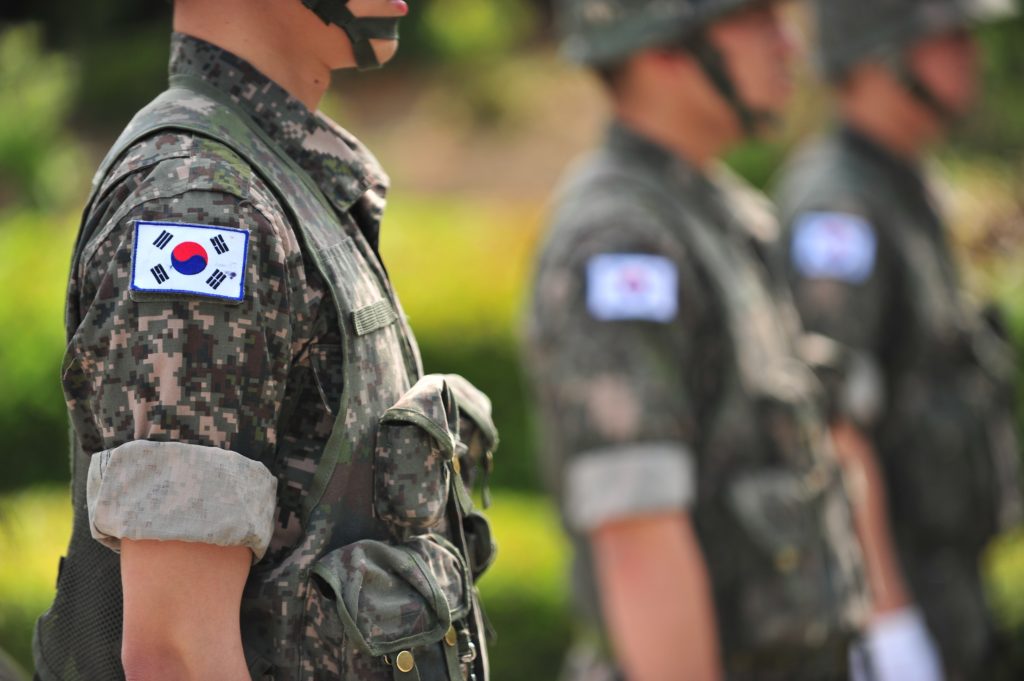The Peninsula
Does the Military Still Shape Korean Politics?

In the 2022 presidential election, the conservative opposition candidate Yoon Suk-yeol won the race with a 0.8% margin. During the campaign, Yoon received endorsements from five former senior military officers who had served in the Moon administration. They attributed the endorsement to “[their] faith in Yoon’s national security policies,” including his controversial remark that Seoul should launch a preemptive strike on North Korea if there are signs of an impending attack on the South. However, the retired generals’ endorsement and their hardline, anti-North Korea stance does not appear to have significantly affected voter preferences.
During the campaign, the retired generals expressed particular concerns that the South Korean military is not yet capable of deterring North Korea, especially given Pyongyang’s advancing nuclear capability. Building on this outlook, they criticized the current administration’s effort to expedite the transfer of wartime operational command from the United States to South Korea as too hasty. They added that Yoon’s emphasis on the U.S.-ROK alliance will alleviate the military’s frustration with the current administration’s perceived “disregard of the alliance.” Despite the Blue House’s joint statement with the Biden administration on the alliance and security, they claimed that the situation has forced them to speak up on behalf of the military and national security.
Some observers worried that such high-profile endorsements from voices that maintain influence among active duty military servicemen might endanger democratic institutions because they might violate the principle of impartiality observed by armed forces in mature democracies. This is particularly salient to South Korea given the country’s traumatic experience with military coups and authoritarian regimes before democratization in 1987.
This recent activism by retired military officers, however, is consistent with their previous engagement in political discourse during presidential elections. A group of veterans from the Korean War endorsed the conservative candidate in 1997 for his hardline stance against North Korea. The next generation of generals who served in the immediate aftermath of the Korean War also endorsed the conservative candidate in 2007 for his strong national security narrative. However, they split their endorsement between the conservative and the progressive candidate in 2012 after some generals argued that the military’s endorsement of the conservative party had politicized the national security discourse in the election.
Nevertheless, their decisions have had little to no influence on voters. For instance, people elected the progressive president in December 1997 to hold the conservative government responsible for the 1997 financial crisis. Likewise, voters elected another progressive president in 2002 to continue the inter-Korean dialogue of the outgoing government despite opposition from the retired generals. Likewise, the retired generals’ national security argument was not on the forefront of discussions in the 2007 election when voters punished the incumbent administration for its public policy failures.
With the exception of the 2007 presidential election, former generals consistently endorsed conservative candidates since the 1997 presidential election and adhered to a hardline anti-North Korea narrative. However, evidence suggests their support does not influence public opinion, as progressive candidates who supported engagement with North Korea won both the 1997 and 2002 elections. In the 2022 election, Yoon’s hardline rhetoric received endorsement from retired generals. However, most voters who chose Yoon for the president concentrated on domestic agendas such as the rising price of real estate, finance, economy, and welfare over national security. According to a survey from 2020, the majority of South Koreans do not “think about North Korea.” Despite the military’s trend of supporting conservative candidates who support a tough stance on North Korea for presidential elections, the public does not consider North Korea a deciding factor in the democratic procedure to elect the president.
David Lee is an intern at the Korea Economic Institute of America and graduate student at George Washington University’s Elliott School of International Affairs, pursuing a master’s degree in Asian Studies. The views expressed here are the author’s alone.
Photo from Shutterstock.
